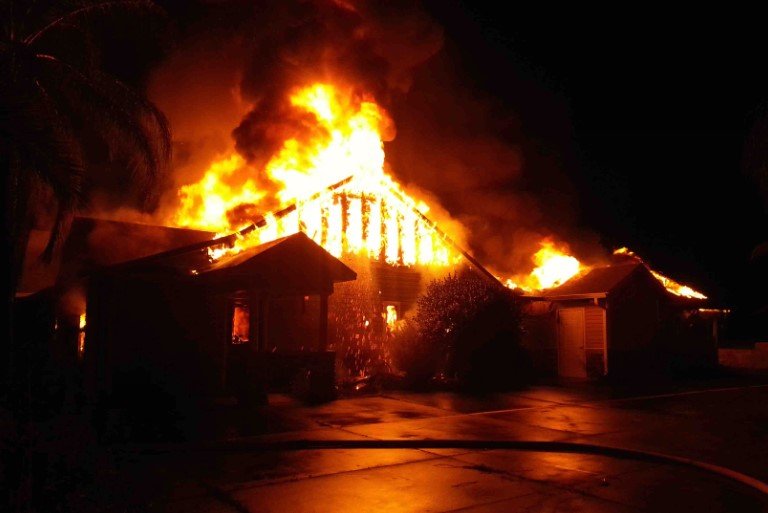The intensely hot summer in Tunisia has destroyed the nation’s small wine industry, which has farmers and vintners concerned about the future as climate change brings hotter, drier weather to North Africa.
Wine yield estimates range from a 20% loss, according to the Agriculture Ministry’s Kilani Belhaj, to a 40%–50% drop, according to Vineyard Producers’ Syndicate chairman Salim Chaouch.
Winemakers in France and elsewhere in southern Europe have also warned that the heat may reduce wine output this year.
Farmer Wajdi Graya claimed his own production had dropped by two-thirds to three-quarters this year due to July temperature highs of 38–48 degrees Celsius, which lowered sugar levels in his grapes.
“Climate change has had a broad impact on the sector, affecting both the quantity and quality of production.” We postponed harvesting to ensure acceptable sugar levels in the grapes, but this would unavoidably compromise quality,” he explained.
Tunisia was a prominent liquor producer under the Carthaginian and Roman empires, and commercial-scale production resumed during French colonialism; however, it has not become a large exporter.
However, Tunisian shops sell a large variety of locally produced liquor, many of which come from the lush northern highlands around the Cap Bon peninsula.
The grapes are gathered early in the morning and transported to a modern processing facility in Takelsa, Tunisia, where they are transformed into wine.
“Farmers are suffering this year. Some growers were unable to harvest any grape clusters from their crops. “Anything that wasn’t irrigated yielded nothing, and while watered crops fared a little better, most farmers were severely impacted,” Graya added.
Director Hammadi Brik of Coteaux Takelsa, which manufactures wine from grapes planted by Graya and roughly 160 other farmers, said he was rescheduling farmers’ payments and changing grape specifications to help them manage.
“The farmers complained, and we took this season into account,” he explained.











